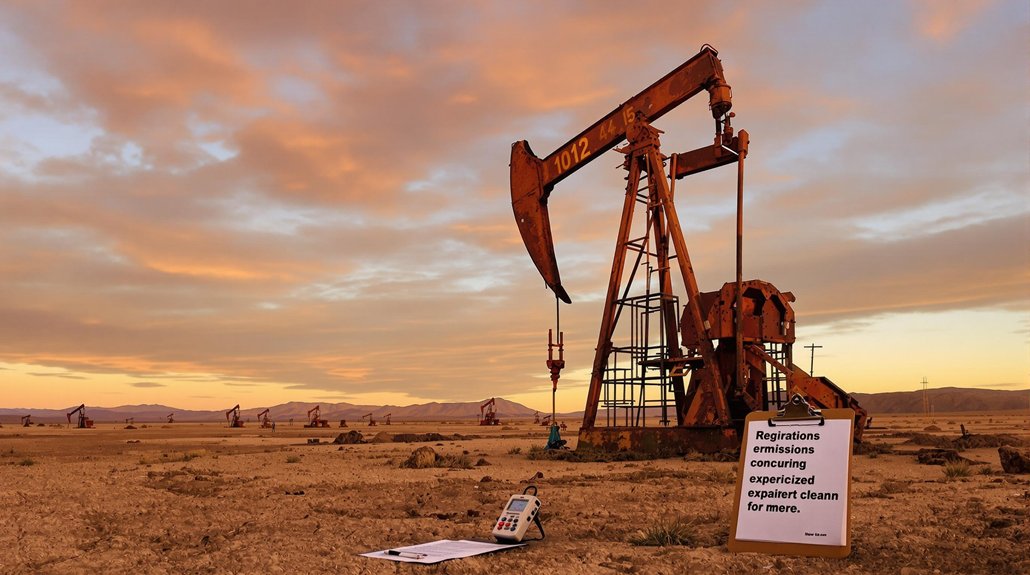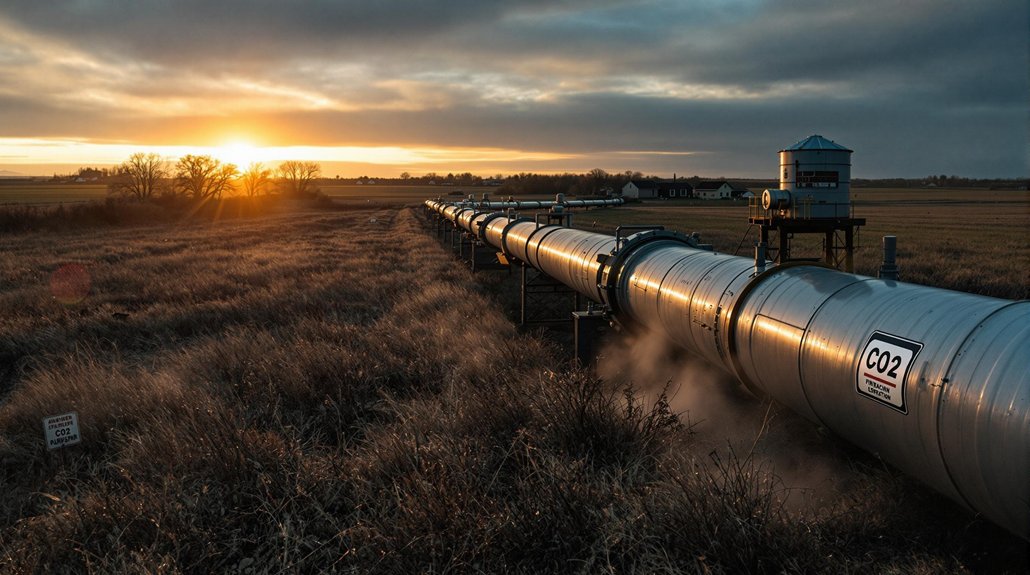The Department of the Interior has eliminated several environmental review requirements for programs that fund the cleanup of abandoned oil and gas wells. The changes affect nearly $2.7 billion in funding from the Infrastructure Investment and Jobs Act meant to address the nation’s orphaned well problem.
Interior officials announced on July 17 that they’re removing pre- and post-plugging methane measurement requirements. They’ve also eliminated the department’s environmental review process for grant recipients and determined that these cleanup projects don’t require reviews under the National Historic Preservation Act or Endangered Species Act.
The agency says these changes will “cut red tape” and remove “unnecessary barriers” to faster cleanups. They believe states have better knowledge of local land conditions and should have more flexibility in deciding which wells to plug first.
According to 2023 data from the U.S. Geological Survey, there are about 120,000 documented orphaned wells across the country, with estimates suggesting up to 1 million undocumented abandoned wells may exist. These wells emit methane, a potent greenhouse gas that contributes to climate change.
The revised guidelines apply to both the State Formula Grant Program ($1.93 billion) and the State Matching Grant Program ($780 million). Interior plans to work with states to update existing grants under these new streamlined rules.
States and grant recipients will face fewer administrative burdens when applying for funds and can move faster on contracting and field operations. Tyler Hassen from the Department emphasized that states are in the best position to make decisions as they best understand their land and specific needs. However, the removal of methane measurement requirements means there will be less data on how much emissions are reduced by these plugging efforts.
Interior officials framed the changes as supporting both energy development and environmental cleanup. They didn’t provide detailed legal justification for exempting these activities from federal environmental laws, simply stating that these reviews aren’t statutory requirements for the orphaned wells program.
The changes come after previous uncertainty around program implementation that had slowed progress on addressing this widespread environmental issue. Critics argue that this streamlining approach misses an opportunity to promote cleaner energy alternatives like geothermal that produce 99% less carbon dioxide than fossil fuels. Legal experts have voiced concerns that this policy change could expose states to increased litigation risks without the protection of federal environmental reviews.
References
- https://jpt.spe.org/us-interior-department-revises-guidelines-for-plugging-orphaned-wells
- https://www.eenews.net/articles/interior-slashes-reviews-to-speed-cleanups-of-orphaned-wells/
- https://www.mrt.com/business/oil/article/orphaned-well-grant-rule-changes-20775505.php
- https://www.upstreamonline.com/politics/us-eases-rules-on-grant-programmes-for-orphaned-well-cleanup/2-1-1847722
- https://www.hcn.org/articles/trump-halts-historic-orphaned-well-plugging-program/









